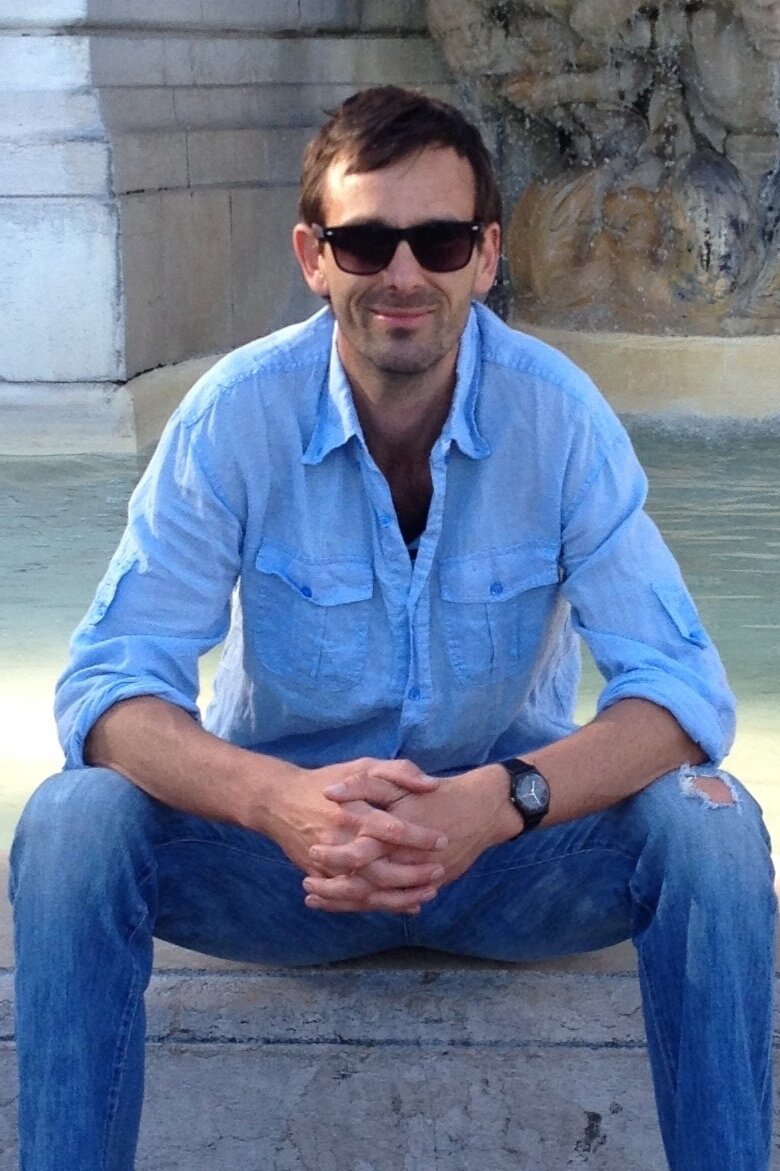PEOPLE
Dr. Anthony Dell
Ecologist - NGRREC
Adjunct Professor - Washington University in St Louis
Affiliated Faculty - St Louis University
email: tonyidell@gmail.com
web: www.dellecologylab.org
In the lab we fuse metabolic, movement, and community ecology to address basic and applied questions in ecology and evolution. We work towards a fuller understanding of ecological systems across scales, including time, space, and levels of biological organization. We have a growing interest in how the movement and behavior of organisms influence species interactions, and the role of the physical environment. Our work also explores how humans interact with, and are affected by, the natural world, with the goal of producing science that can inform management and policy. See here for more detail about the research in our lab, and here for resulting publications.
Staff
Melissa Schindler
Email: mschindler@lc.edu
Website: http://www.ngrrec.org/Staff/
Melissa is Research Specialist at NGRREC, and helps to manage our lab. She has a Master of Science in Wildlife Ecology/Biology with broad experience and interests that include water quality and community ecology. Currently, Melissa assists on projects in our lab centered on the plastic cycle across the Mississippi River Watershed.
Graduate Students
Preston Pennington
Email: p.c.pennington@wustl.edu
Preston is a PhD student at Washington University in St. Louis (WUSTL) in the Ecology and Evolutionary Biology (EEB) program. He is generally interested in the succession and community assembly of island ecosystems with application to habitat loss and biodiversity conservation. In the lab, Preston studies effects of microplastics (MPs) on freshwater fish.
David Hernandez
Email: hernandezd@wustl.edu
David is a PhD student in the Department of Biology at Washington University in St. Louis. He is researching the interaction between microbiomes and microplastics in fish.



